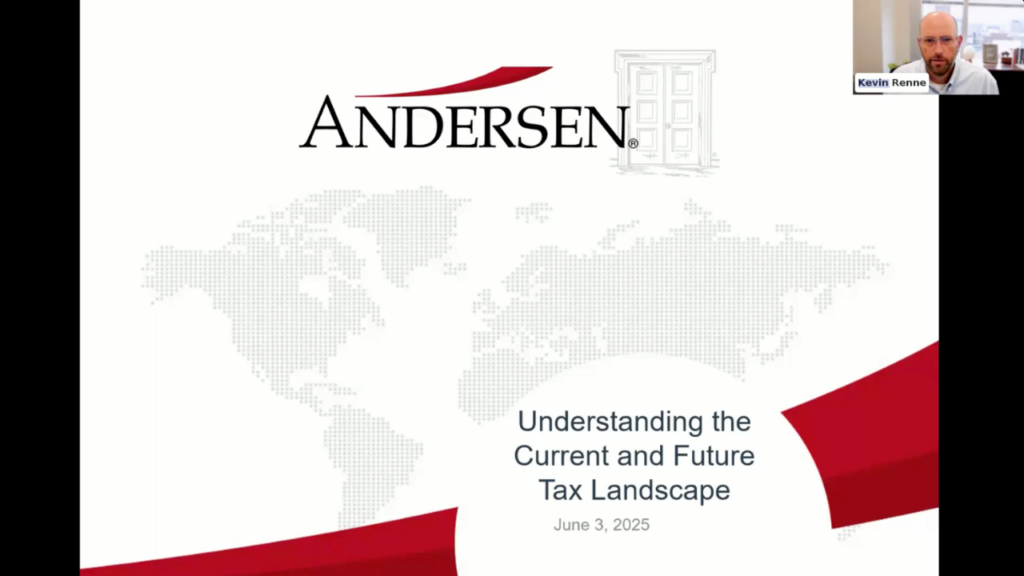We hope you had a great holiday season and that your new year is off to a great start. Public employees and retirees across several states rang in 2025 with some great news—especially our neighbors in the Buckeye State of Ohio. On January 5, President Biden signed into law the Social Security Fairness Act of 2023. The law will increase Social Security benefits for nearly 3 million current and former public employees: firefighters, police officers, teachers, and others. During the signing, President Biden said, “The bill I’m signing today is about a simple proposition. Americans who have worked hard all their life to earn an honest living should be able to retire with economic security and dignity.”
What does the Social Security Fairness Act do?
The Social Security Fairness Act dissolves the Windfall Elimination Provision (WEP) and the Government Pension Offset (GPO), two provisions that previously limited the Social Security benefits payable to certain public employees or their spouses.
The Windfall Elimination Provision was signed into law in 1983, effectively reducing Social Security benefits for persons receiving a pension that was not covered by Social Security payroll taxes. Depending on someone’s earnings and the age at which they claimed their benefits, their monthly Social Security benefit could be reduced by up to 50% of their non-covered pension benefit.
The Government Pension Offset was signed into law in 1977, designed to reduce Social Security spousal and widower benefits if they also received a pension that was not covered by Social Security payroll taxes. Their Social Security benefit could be reduced by 2/3 of their non-covered pension. For example, if someone received a non-covered pension of $1,000 per month, their spousal or widower benefit from Social Security could be reduced by $670 per month. So, if a person was entitled to a $800 Social Security spousal or widower benefit, their amount could be reduced to $130 per month, because of the non-covered pension.
According to the Congressional Research Service, as of December 2023, 2.1 million Social Security beneficiaries (3% of all beneficiaries) were subject to the WEP and 745,769 beneficiaries (1% of all beneficiaries) the were subject to GPO. Public employees from the following states were not previously covered by Social Security: Alaska, Colorado, Louisiana, Maine, Massachusetts, Nevada, and Ohio. In the following states, some public employees may not have been covered by Social Security: Arizona, Arkansas, New Mexico, Utah, and Wisconsin. The changes in benefits from the Social Security Fairness Act of 2023 are effective for Social Security benefits paid after December 2023. Current recipients do not need to take any action, but they should verify if their current mailing address and direct deposit information are correct if it has recently changed.
How will this effect Social Security?
The question you may be asking is: What effect will these changes have on the long-term viability of Social Security? According to the Social Security Trustees’ Report that was released in May, the Social Security Trust fund is projected to be exhausted by November 2033, which would lead to an automatic reduction in benefits of 21% if Congress does not act. With the passage of the Social Security Fairness Act, the Congressional Budget Office (CBO) projects this will accelerate the insolvency of the trust fund by about 6 months and will cost around $196 billion over the next decade.
As you can see, this new law comes with a cost. It remains to be seen what actions Congress will take to address the insolvency issue of the Social Security Trust fund. However, it seems likely that Congress will have to address the issue rather than continuing to kick the can down the road.
Conclusion
The Social Security Fairness Act can secure more income for current and future public employee retirees. These changes could drastically change the outlook for someone’s overall financial plan and potentially present new planning opportunities. We urge you to meet with your advisor to update your financial plan if this law affects you. If you aren’t working with an advisor and have questions about your Social Security benefits or any other important financial matter, please contact us for a complimentary consultation.




















